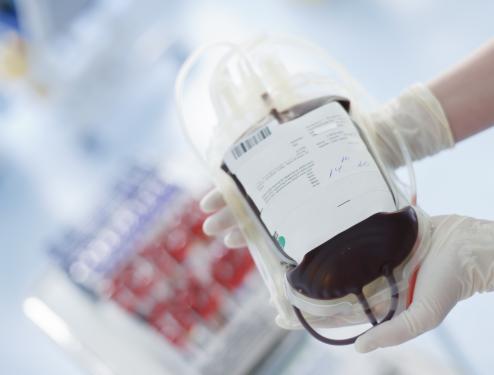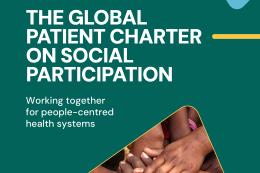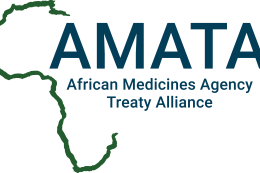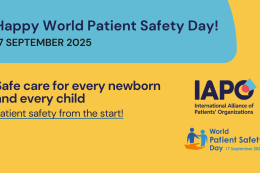Blood, blood safety and blood availability - A global challenge

The life of a large number of chronic patients worldwide depends on regular lifelong blood transfusions, blood derivatives or products. Such patients are, for example, thalassaemics (the main patient group that uses blood and specifically red blood cells), haemophiliacs, and patients with congenital immunodeficiency that account for millions of people worldwide - a large, perhaps the largest, percentage of whom are born and reside in countries with poor to very poor infrastructures for safe and adequate blood transfusions.
Seventy (70%) to eighty (80%) of thalassemia patients are born and live in countries where blood safety, blood-related and other policies related to the indicated clinical management of thalassemia are degraded (or even non-existent).
The Thalassemia International Federation, representing hundreds of thousands of patients worldwide, whose survival and quality of life depend on regular red blood cell transfusions, today embraces 120 thalassemia patient organisations in more than 60 countries worldwide, and is particularly concerned about issues that touch on blood SAFETY and AVAILABILITY.
Based on this concern, TIF has called for collaboration with other organisations representing multi-transfused individuals aiming to raise awareness and support the work of WHO and of all the governments, but also raise public awareness about the risks of transfusions that may stem from the non-implementation of security protocols and the lack of compliance with relevant resolutions. TIF sought collaboration with WHO and was given approval to organise a side event on "Blood Safety for Multi-Transfused Patients at the 70th World Health Assembly in Geneva on 26 May 2017.
TIF collaborated and co-organized the session with the International Alliance of Patient Organizations in collaboration with; the International Society of Blood Transfusion, the Worldwide Network for Blood & Bone Marrow Transplantation, the World Federation of Hemophilia, the International Patient Organisation for Primary Immunodeficiencies and the European Haemophilia Consortium.
The participating organizations expressed their own concerns, challenges and reflections, and the subsequent interactive debate led to significant decision-making.
Upon conclusion, it was agreed that a global information campaign is needed with regard to:1. The rules of good practice that need to apply to all contexts and for all the patients for the preparation of blood, its derivatives and products
2. The crosscheck and control of infectious agents for patients with chronic needs.
3. The promotion of voluntary non-remunerated donation in order to avoid donors from high-risk groups such as drug users.
4. Blood availability is one of the components of blood safety, because without sufficient blood, the health of the patients will be placed at risk, and it is likely that the services will try to solve the deficiency by bypassing the correct procedures.
5. State quality control of blood donation services must cover blood banks at their entirety, both in the public and private sectors that exist in many countries.
6. When financial arguments about insufficient practices arise, the competent bodies must be informed that any complications affecting even a minority of patients will bear greater financial costs than any costs arising when adequate prevention practices are implemented.
Let us hope that the completion of research on the policy relating to almost all pathogens' inactivation, as well as its materialisation and implementation, will become a feasible and affordable technique to allow universal access to such a level of blood safety.
The participants agreed to establish a World Alliance to Promote Blood Safety and Availability in order to achieve the above-mentioned objectives. A thorough study will follow of the ways in which this Alliance can be set up and act effectively.
Related Page


